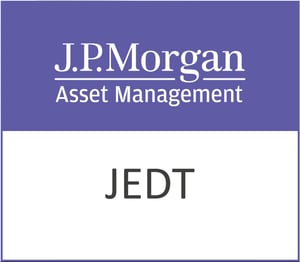EasyJet plc, trading under the ticker EZJ.L, has long been a prominent player in the European low-cost airline sector. With a current market capitalisation of $3.52 billion, EasyJet continues to capture investor interest, particularly in the context of its robust market positioning and strategic initiatives aimed at enhancing shareholder value.
The current stock price stands at 469.3 GBp, marking a modest increase of 3.70 GBp, or 0.01%. Within the past 52 weeks, EasyJet has seen its shares oscillate between 427.40 GBp and 587.80 GBp, reflecting the broader market volatility that has characterised the airline industry in recent years.
In terms of valuation, EasyJet presents some intriguing metrics. The trailing P/E ratio is notably absent, while the forward P/E ratio is a hefty 631.16, suggesting expectations of significant earnings growth or potential market correction. Analysts have placed an average target price of 658.68 GBp on EasyJet shares, indicating a potential upside of 40.35% from current levels. This optimism is further underscored by the 13 buy ratings against 6 holds, and importantly, no sell ratings.
Performance metrics reveal a revenue growth of 8.10%, an encouraging sign for investors seeking growth potential. The company’s EPS stands at 0.54, and a commendable return on equity of 16.27% showcases management’s effectiveness in leveraging shareholder capital. Furthermore, EasyJet’s free cash flow is reported at £605.88 million, providing a solid foundation for potential reinvestment or shareholder returns.
The airline’s dividend yield of 2.58% is supported by a relatively conservative payout ratio of 22.24%, suggesting sustainability and the possibility for future increases as profitability improves. This could appeal to income-focused investors seeking reliable dividends.
From a technical standpoint, the stock’s 50-day and 200-day moving averages are at 499.06 GBp and 514.97 GBp, respectively, indicating that EasyJet’s stock is currently trading below these key levels. The RSI (14) at 51.66 suggests a neutral stance, while the MACD and Signal Line values, both in negative territory, may prompt cautious short-term trading strategies.
EasyJet’s diversified operations extend beyond airline services to include aircraft trading, leasing, and holiday packages, positioning it well for a post-pandemic recovery. As the industry recovers, the company’s strategic initiatives and operational resilience could drive significant shareholder returns.
For investors, the blend of growth potential, dividend income, and a strong market position makes EasyJet a compelling consideration. However, the high forward P/E ratio warrants careful scrutiny of future earnings projections and market conditions that could impact profitability and stock performance. As always, a balanced approach, considering both the potential rewards and inherent risks, will serve investors well in navigating the skies of EasyJet’s investment landscape.









































